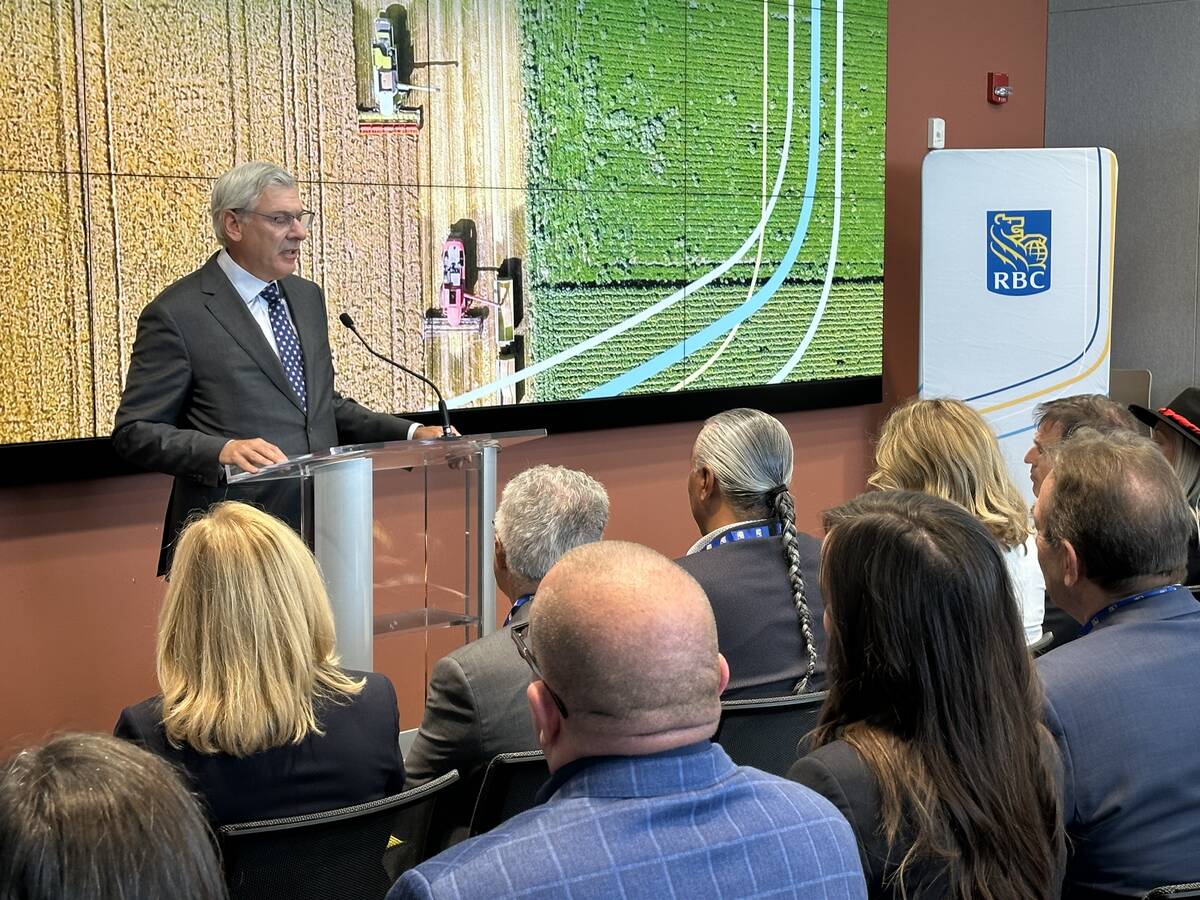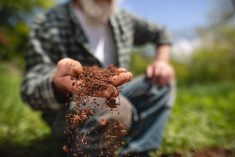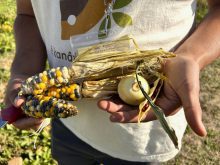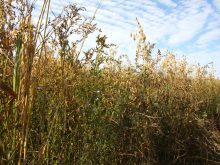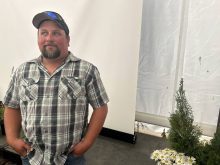Royal Bank of Canada is making waves in the sustainable agriculture space.
RBC has launched a $5-million Prairie-wide initiative to support soil health, training and business transition in agriculture, signalling its interest in being part of the sustainability conversation around food production.
WHY IT MATTERS: RBC is the latest of many corporate stakeholders to invest in sustainable agriculture in Canada.
Read Also
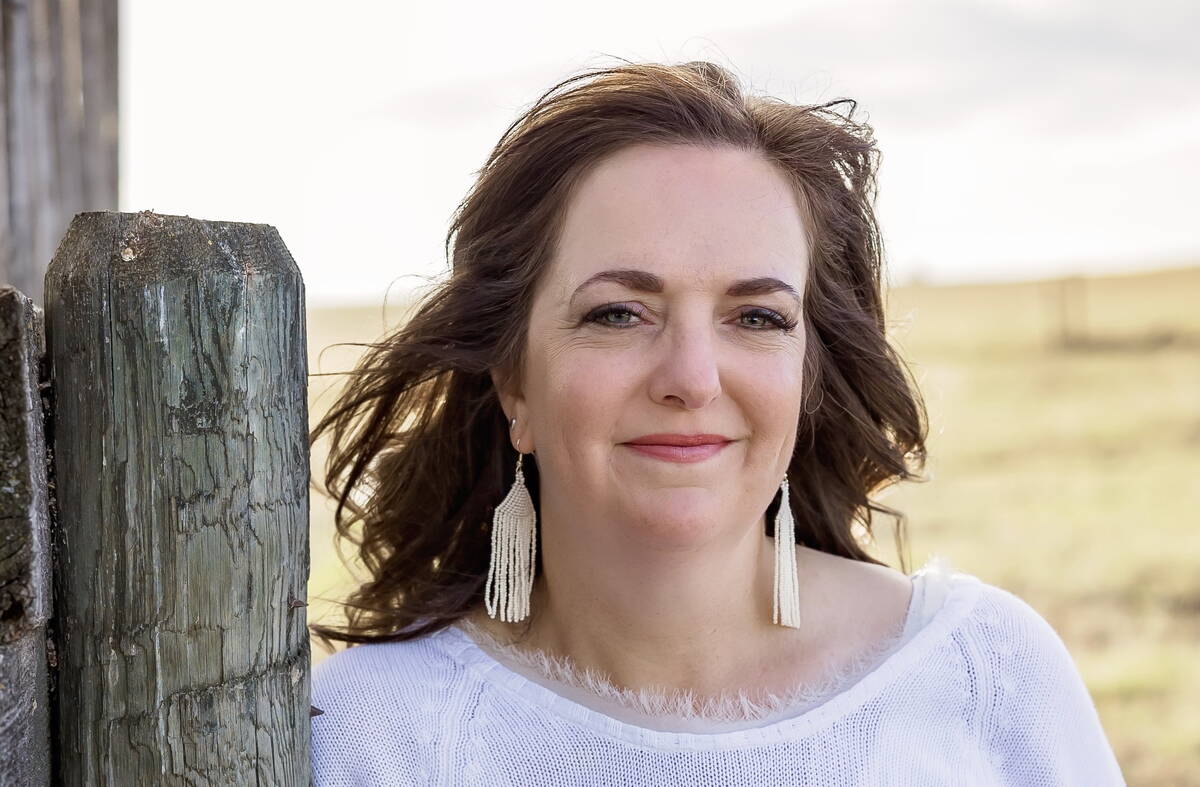
Canadian Cattle Association names Brocklebank CEO
Andrea Brocklebank will take over as chief executive officer of the Canadian Cattle Association effective March 1.
Announced Oct. 9 at the University of Manitoba, the five-year RBC Generate program will work through partners including the Canadian Alliance for Net-Zero Agri-food (CANZA), Nature United and Sustainable Food Systems for Canada (SF4C). The goal, according to an RBC release, is to connect farmers and agricultural innovators “with the markets, skills and finance they need to regenerate Canadian agriculture.”
Regenerative practices and skills
RBC CEO Dave McKay said the initiative is intended to strengthen Prairie agriculture while supporting sustainability and innovation.
The investment will help Nature United’s Model Farm Network incentivize soil-building and regenerative practices, while connecting more than 10,000 students to agri-food training through SF4C’s network of 13 post-secondary institutions.
McKay said the effort ties into RBC’s $2-billion national skills-development commitment by 2035 and includes new training for the bank’s agricultural specialists. RBC will also roll out financial tools and advisory services to help producers adopt new practices and plan business transitions.
“We want to bring business, education and government together to give farmers the support they need,” he said. “With the right partnerships and investments, Canadian farmers will lead the way.”
He added that modern farming “is as much about data as it is about soil,” and that regenerative production offers long-term opportunity for both producers and the economy.
Raising Indigenous agriculture’s profile
Premier Wab Kinew, who spoke at the announcement, said the initiative aligns with Manitoba’s long connection to the land — from Indigenous food systems to commercial agriculture.
Kinew said that growing up he was taught to live off the land, learning about fish and wildlife, and about harvesting blueberries and wild rice. Despite those cultural differences, he said, food production remains a unifying endeavour.
“For many folks here, it’s about crops, cow-calf operations and livestock,” he said. “One of the things that’s been so inspiring over the past two years is to see the unity that we have of people from all regions.”
Launching in Manitoba
University of Manitoba president Michael Benarroch said hosting the launch underscores the province’s research leadership and the university’s connection to the Prairie farm community.
The university is home to leading soil and crop scientists, including Mario Tenuta, who is well-known for his crop GHG-emission reduction work, and Dilantha Fernando, who Benarroch noted was recently ranked among the world’s top two per cent of researchers by Stanford University.
The launch also reflects Manitoba’s role in developing sustainable and resilient food systems, said Benarroch. Many students in the Faculty of Agricultural and Food Sciences come from family farms and are focused on practical ways to reduce agriculture’s environmental impact.
“The challenges we face in agriculture and food sciences are enormous, but I think Canada is up to this challenge,” he said.
Looking ahead
According to the release, RBC Generate will fund workshops, on-farm projects and business-planning events aimed at improving both environmental and financial resilience.
The bank describes the initiative as part of a Prairie-wide effort to position agriculture as a growth driver while helping producers adopt regenerative and sustainable practices.
“Canadian soil is one of our greatest strengths,” McKay said in the release, “and farmers have managed these soils to feed Canadians and the world for generations. The next generation is primed to do even more.”




